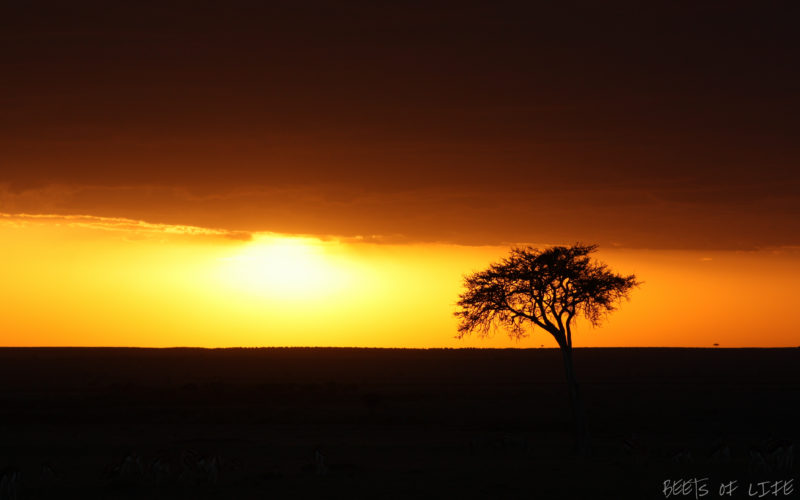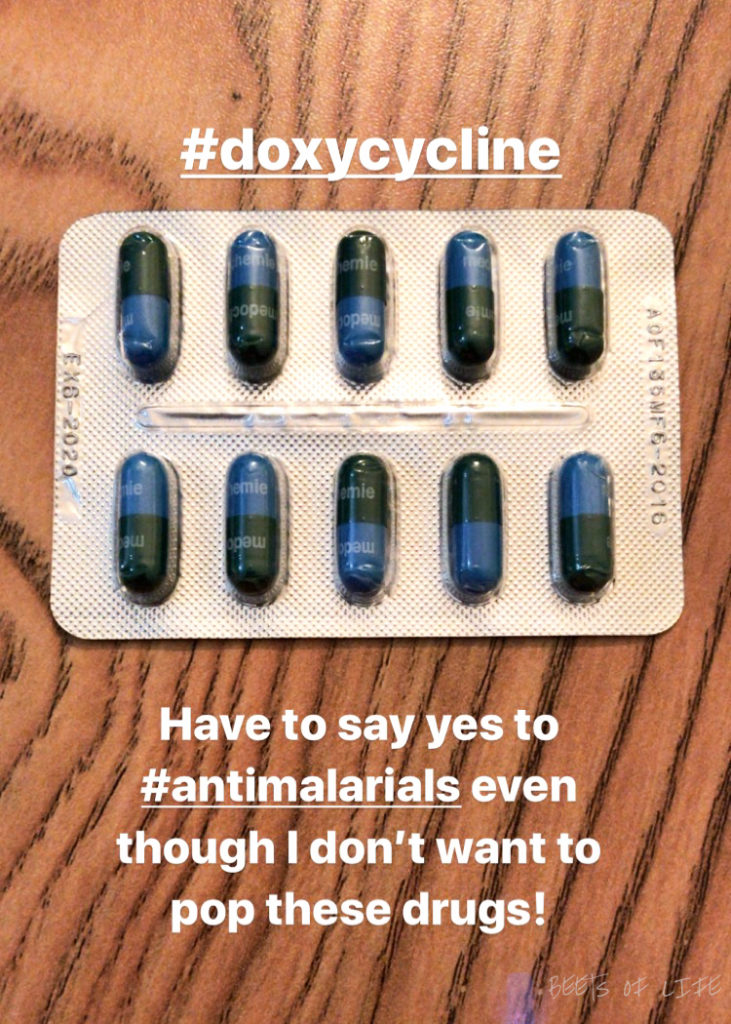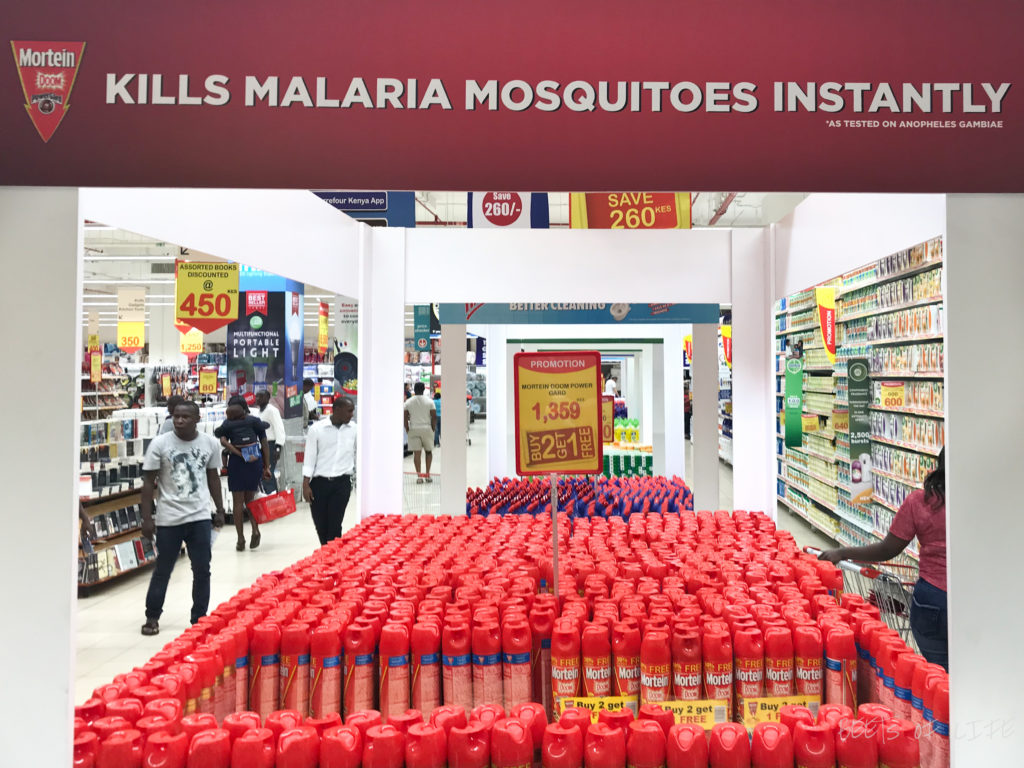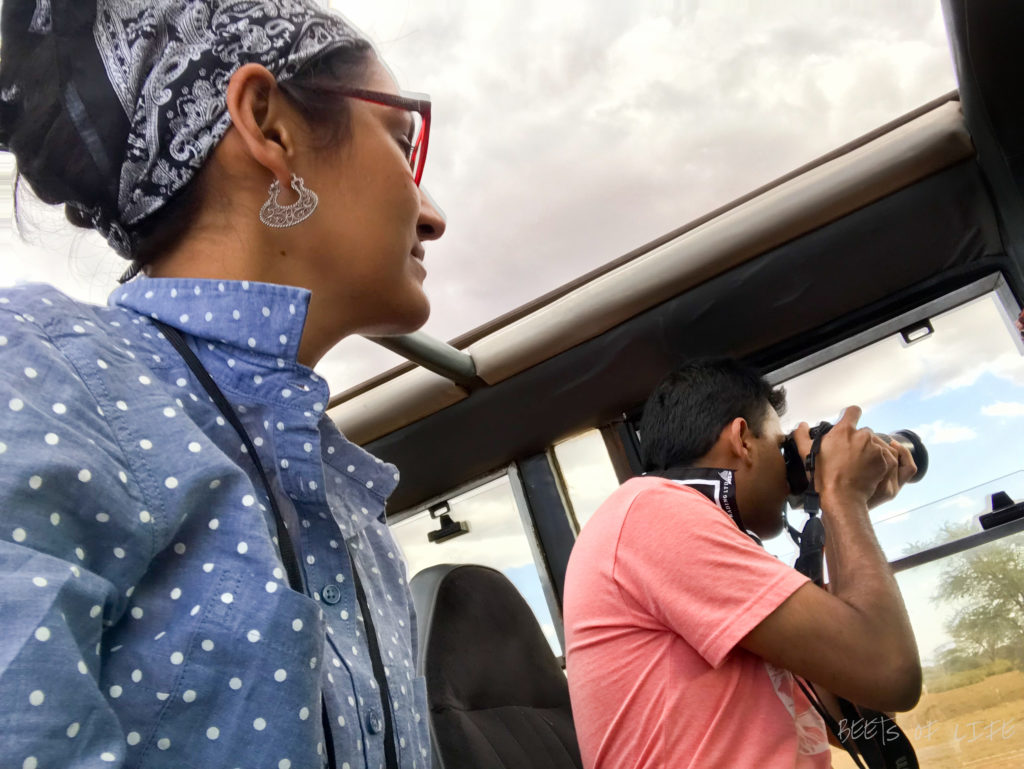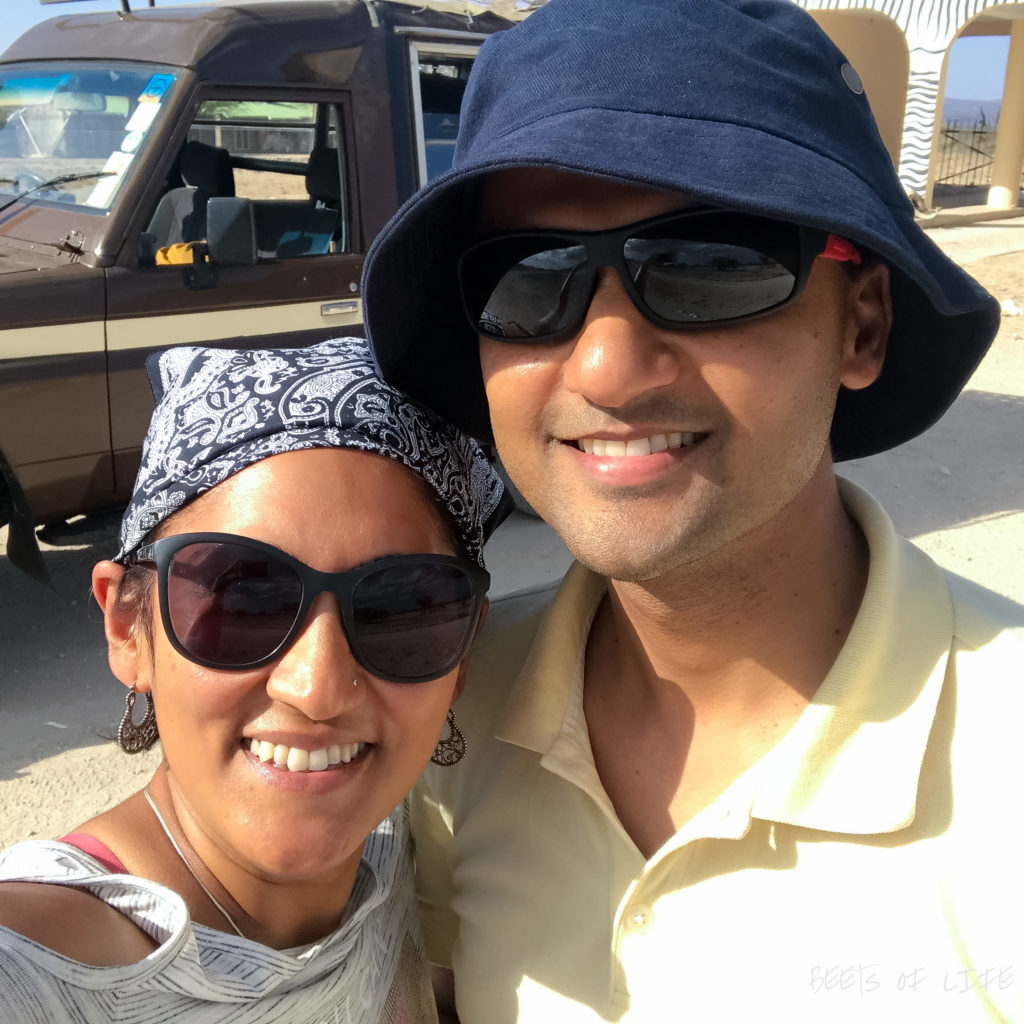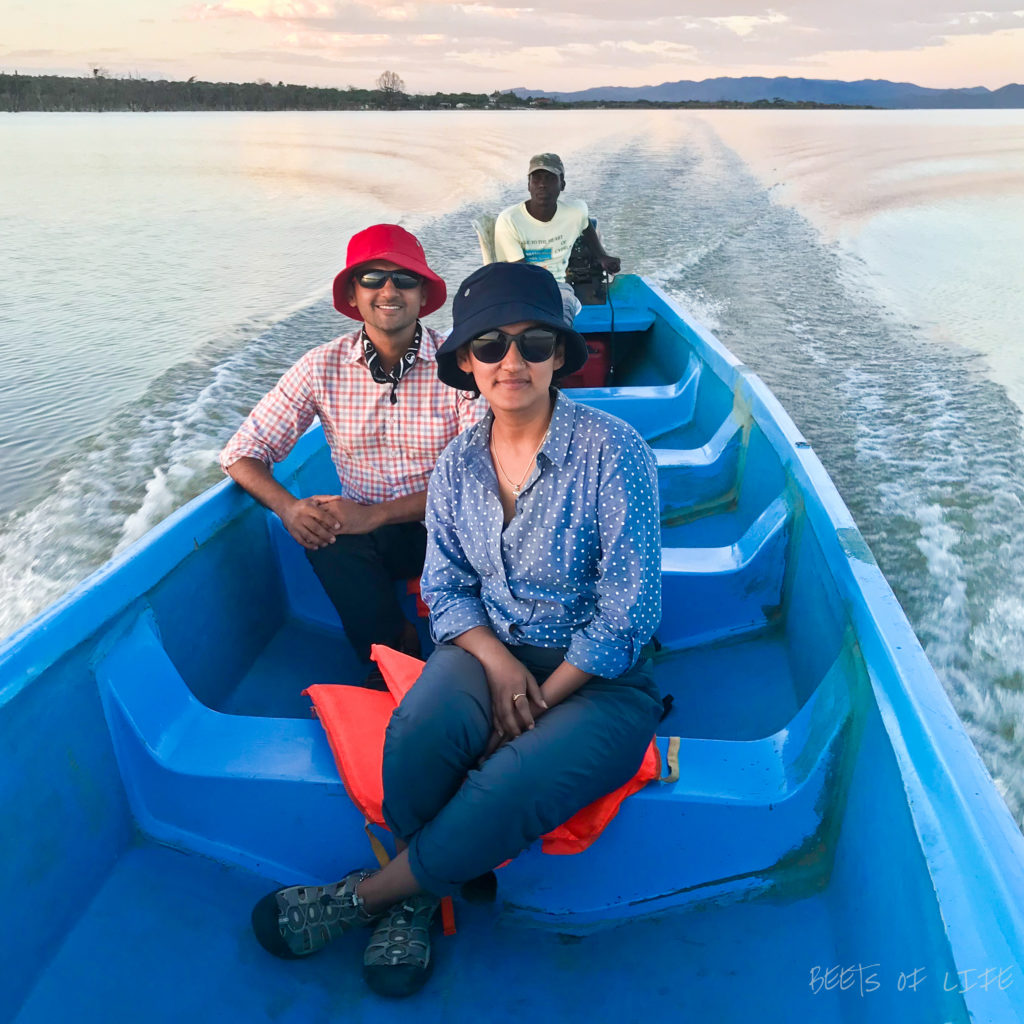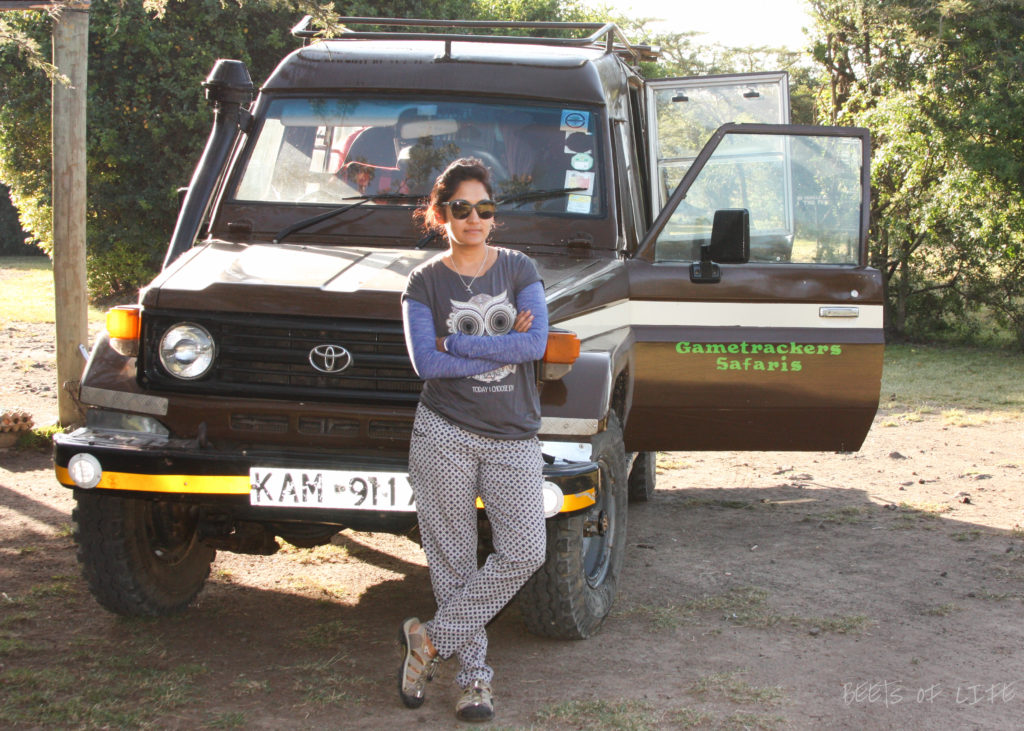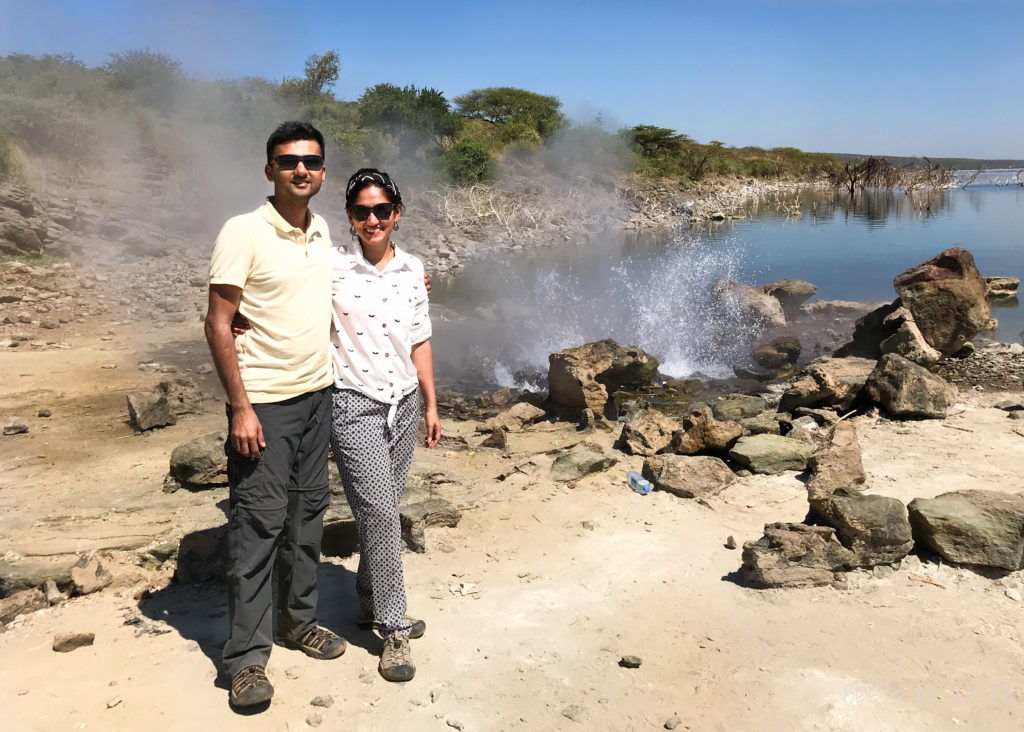African Safari Travel Packing List: Our 10 Most Useful Items
Going on a safari? Here are 10 things that should be part of your safari travel packing list. We did a safari in Kenya and visited 4 national parks across the country, and found having each of these items invaluable. Although we did a camping safari (staying in tents), these would be necessary for all types of safari travelers.
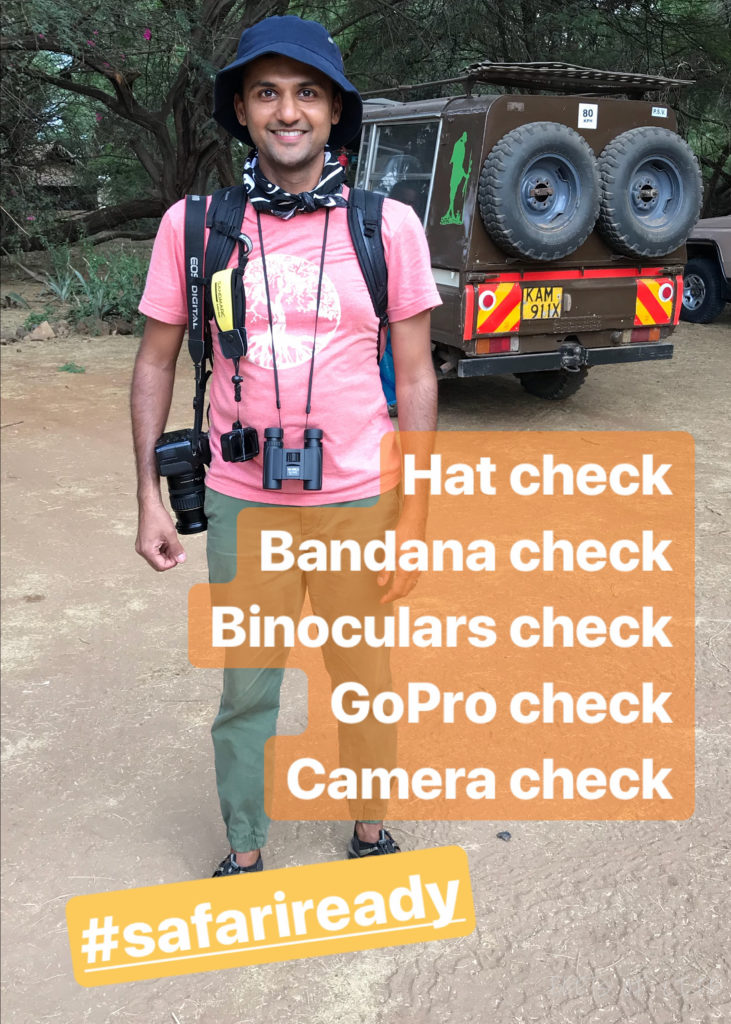
10 Most Useful Items on our Safari Travel Packing List
1. Binoculars and Photography Gear
If there is just one thing that should be on your safari travel packing list it should be binoculars. After much debate, I am so glad we ended up buying one for each of us. Yes, it’s important that every member of the safari has their own binoculars. It will be the MOST useful item you will have with you.
It’s true that in a safari there are animals roaming everywhere, and some come pretty close for you touch, but there are countless instances where they are pretty far. In those situations, having binoculars is absolutely invaluable. It does not have to be anything fancy but get the best one you can afford (at least 8x or 10x magnification).
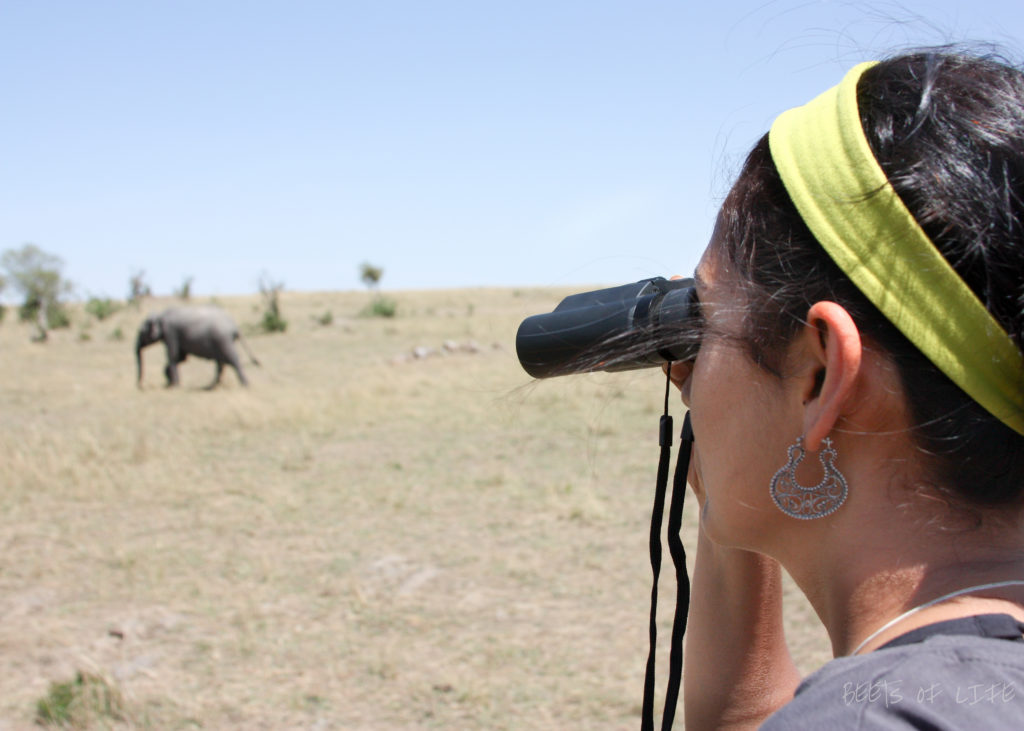
We bought the Yashica YBC1128 (8 x 21 zoom), without which we would not have been able to spot a leopard far amidst the bushes in Nakuru National Park (definitely one of our highlights!). Even though the zoom was less than what is recommended on online forums, for our budget, it worked out great. We also carried along with us our GoPro, iPhones and Canon DSLR with couple lenses (50mm and a telephoto lens 75-300mm)
2. Anti Malarial and Mosquito Repellant
Mosquitos are the #1 killers of humans in the world! Since it was literally a matter of life and death, we spent countless hours researching insect repellents and anti-malarial meds. Depending on the season, mosquitos and particularly the malarial mosquitos maybe rampant in various parts of Africa.
After much research, we went with Malarone (anti-malarial), and Citridiol (mosquito repellent). We just couldn’t bring ourselves to use products with DEET. We also used Doxycycline initially and then switched to Malarone to reduce cost and known side effects (hallucinations, hallucinations and hallucinations) from the taking Doxy, based on the advise of a doctor in Singapore. It is imperative that you don’t take this as advice for yourself and consult a physician.
3. Surgical Mask and Bandana
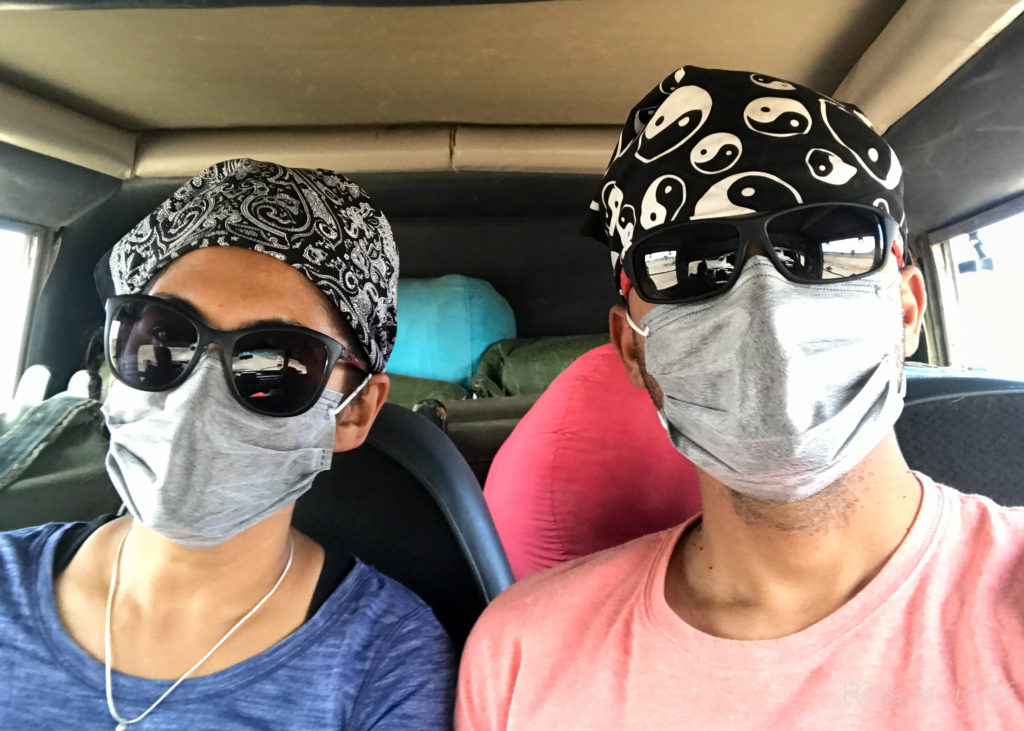
Having something to protect ourselves from the dust was essential on our drives between parks, particularly between Lake Baringo to Masai Mara. The unpaved roads were extremely dusty. The bandana is very useful to protect your hair (it gets completely matted because of the dust), and the surgical mask is great to cover your nose and mouth. Add with a pair of sunglasses, and you will be well protected and literally covered. For our four-eyed friends, we would recommend ditching the contact lenses, and using prescription sunglasses instead.
4. Sunscreen and Safari Hat
Sun screen is absolutely essential since it gets pretty hot during the day, and our van had it’s top open for better viewing. We were also glad that we had bought hats that have visors that go all around. This helps protect most of your head and the back of your neck.
A great way to use less sunscreen (based on the product it could be harmful to you and the environment), is to wear a full sleeve rash guard instead of a regular t-shirt.
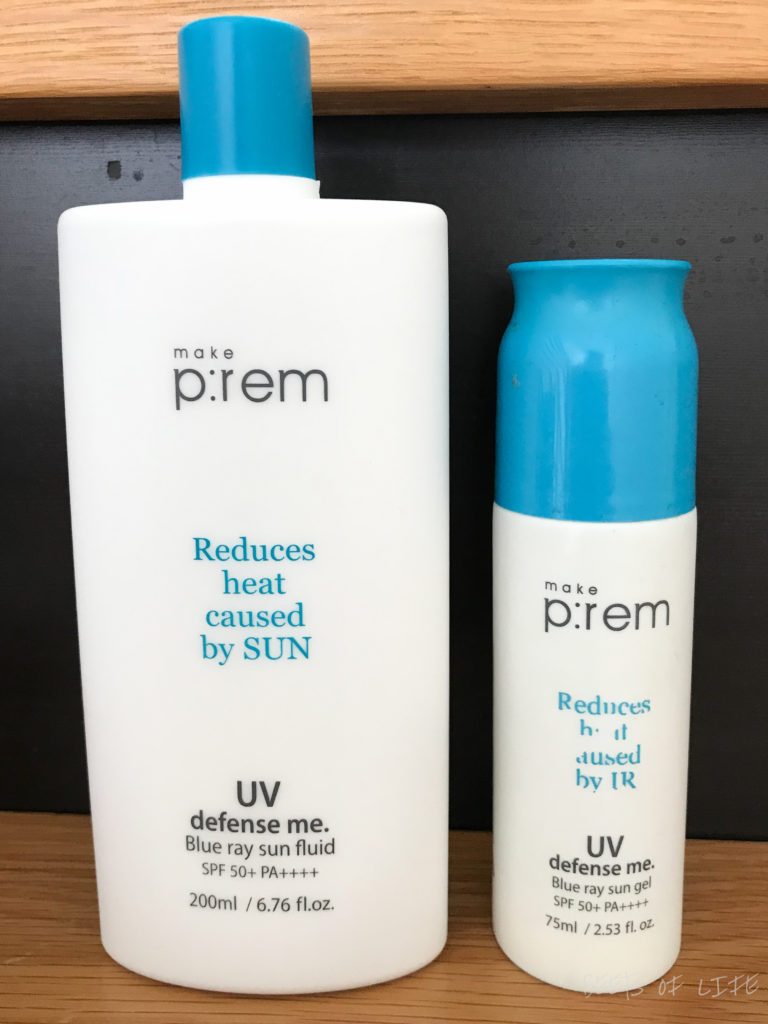
5. Reusable Water Bottle
Even though your tour operator will most likely be providing you with water, we decided to carry an extra 15L of water with us for our 5 day safari. We just left the water in our safari jeep, and ended up using all of it by the end of our trip. In addition to taking water, make sure to pack a reusable water bottle. It’s just better for the environment.

6. Moisturizer and Chapstick
Kenya was DRY! We were so glad that we not only had body lotion, but also chapstick. No matter how much water we drank, our skin always seemed parched. The dust just made things worse! Having something to keep your skin hydrated will make your safari experience a lot more enjoyable. For a complete low down of our travel skin care, click here.
7. External Battery
At one camp we weren’t able to find a plug point, at the other locations, the lights often went out. Having an external battery pack is important to keep the device ready to go at all times. It is possible to go through at least a couple of days without (or at least not long enough) having access to a plug point. Talking about batteries, you should also keep an extra battery for your camera. I was able to get through the safari without needing an extra battery for my DSLR, but there were at least a couple of times, I came close to needing one.
8. Safari Specific Clothes
You may be surprised to learn that you don’t need to buy special safari clothes and it’s not necessary to look like you are on the sets of Out of Africa! It is more important to wear clothes you are comfortable in and suitable for the landscape and climate.
I found my Kuhl’s cargo pants with it’s 8 different pockets very useful. A full sleeve shirt/t-shirt protects the skin from dust, and is great for layering, since it can get cold at night and the early mornings. Essentially, wear breathable light clothing that can be easily layered on. As for not wearing bright colors, the animals won’t care, but your neighbors might so it may be wise to wear muted colors.
Pro Tip for women: Sports bras are a MUST! Keep all your fancy lingerie at home… the roads can be very bumpy and you’ll regret not having a good sports bra with you.
9. Head Torch
On our first night at the camp, we were told that when you are walking about in the dark, make sure you have a torch since there could be snakes and scorpions. We always knew that we could come across all sorts of creatures big and small, we just didn’t want to see it. Having a torch is really important, a head torch makes things a lot more convenient. Head torches are also very useful during night bush walks.
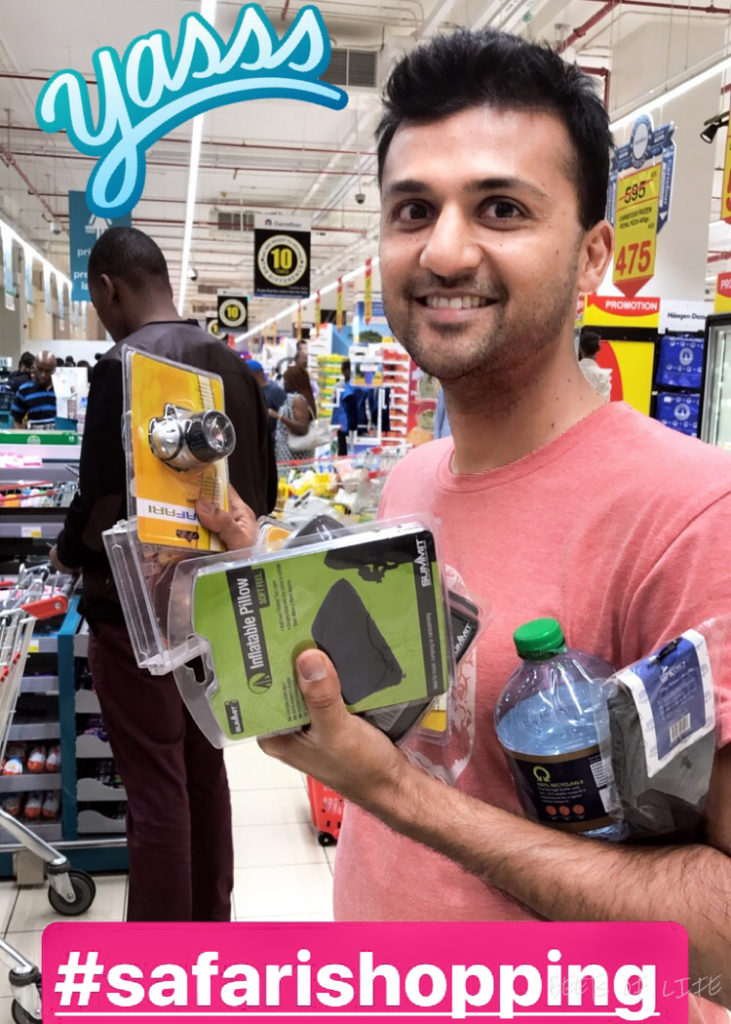
10. Slip in Sheet
I had no idea what this was, until I started shopping for our world travel. It is a silk sheet that you can slip into and helps to lessen your contact with questionable bedding. For someone particular about the cleanliness of sleeping linens, this is very useful. Ours folds up to the size of a baseball, and is super light. It does restrict freedom of movement, but nothing that would disrupt your sleep. This was especially useful since we were camping.
So that’s it, the 10 things we found most useful on our safari and should be a part of your safari travel packing list.
Anything we might have missed? Please comment below and share your thoughts with us.

